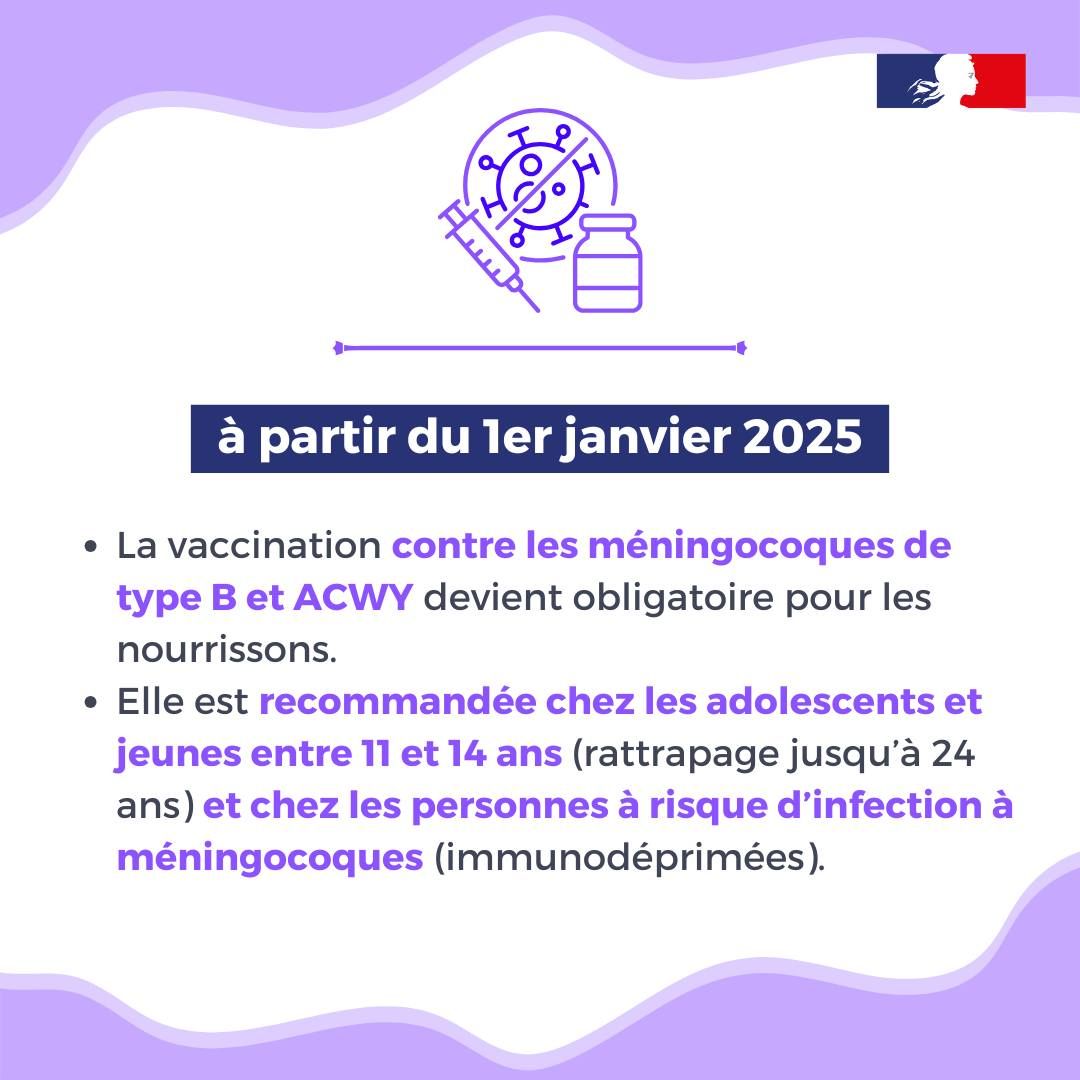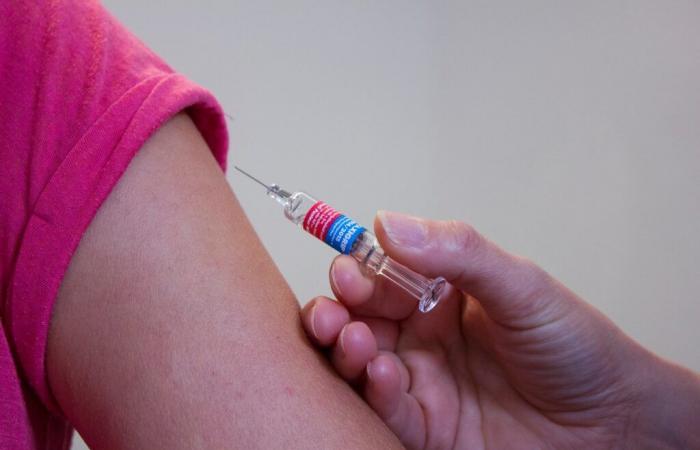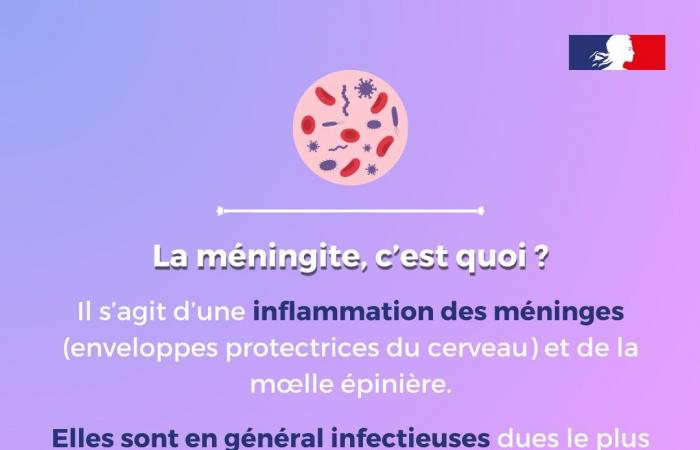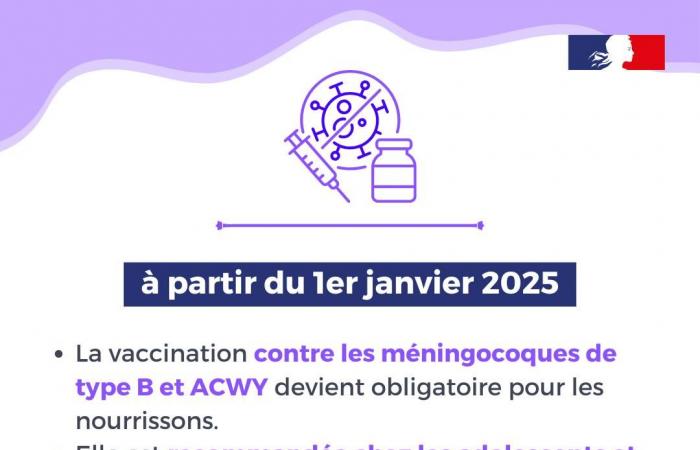Faced with a worrying resurgence observed in recent years, vaccination to prevent the onset of certain meningitis has evolved, particularly in infants and adolescents.
Faced with a worrying increase in cases of meningitis in recent years, health authorities are announcing major changes in the vaccination schedule to better protect the most exposed populations, in particular infants and adolescents. These new measures will come into force on January 1, 2025.
Reinforced protection for infants
From 2025, vaccination against meningococci ACWY and B becomes compulsory for infants. This new regimen replaces the previously recommended meningococcal C vaccine. This decision aims to expand vaccination coverage and effectively prevent meningococcal infections, which cause serious forms of meningitis.
Recommendations for young people and adolescents
In young people aged 11 to 14, vaccination against meningococci is now strongly recommended. A catch-up vaccination is also possible for adolescents and young adults up to the age of 24. These age groups are particularly susceptible to bacterial infections due to their community lifestyle, increasing the risk of transmission.
Focus on people at risk
In addition to infants and adolescents, immunocompromised people are among the vulnerable groups requiring increased protection. Vaccination is strongly recommended to prevent serious meningococcal infections.
Understanding meningitis: causes, risks and symptoms
What is meningitis?
Meningitis is an inflammation of the meninges, the protective coverings of the brain and spinal cord. This condition can be caused by a bacterial or viral infection, or more rarely, by fungi or parasites.
What are the risks?
Viral meningitis: Common in children and young adults, they are generally benign and caused by viruses such as those of chickenpox, mumps, or during a primary HIV infection.
Bacterial meningitis: Although rarer, they present a much greater danger. These infections, often resulting from ENT or respiratory complications, can quickly spread to the cerebrospinal fluid and cause serious, even irreversible, damage to the nervous system. Without rapid treatment, they represent a medical emergency.
What symptoms should alert you?
In children and adults: intense headache, nausea, vomiting, stiff neck, gray or mottled complexion, extreme fatigue, body aches, neurological symptoms (confusion, convulsions, paralysis) and drowsiness.
In infants: incessant crying, whining, refusal to feed, excessive drowsiness, abnormal complexion (gray or mottled), lethargy or low responsiveness.
Faced with these symptoms: immediately call 15.
Prevention is protection
These new vaccination measures demonstrate a reinforced commitment by health authorities to stem the increase in serious meningitis. Prevention requires increased awareness among families and health professionals, as well as easier access to vaccination for all affected populations.
Meningitis is a serious disease, but thanks to advances in vaccines, we have the tools to protect the most vulnerable and save lives. Don’t wait to inform yourself and take action.









